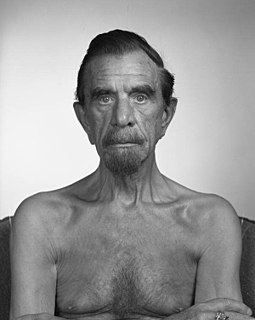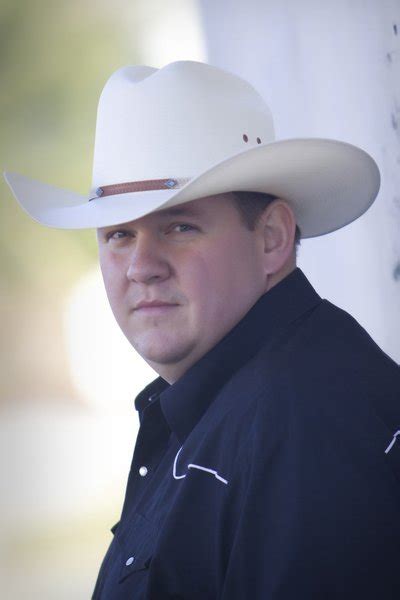A Quote by Henry David Thoreau
Surely the fates are forever kind, though Nature's laws are more immutable than any despot's, yet to man's daily life they rarelyseem rigid, but permit him to relax with license in summer weather. He is not harshly reminded of the things he may not do.
Related Quotes
How shall we define occultism? The word is derived from the Latin occultus, hidden; so that it is the study of the hidden laws of nature. Since all the great laws of nature are in fact working in the invisible world far more than in the visible, occultism involves the acceptance of a much wider view of nature than that which is ordinarily taken. The occultist, then, is a man who studies all the laws of nature that he can reach or of which he can hear, and as a result of his study he identifies himself with these laws and devotes his life to the service of evolution.
Before the tribunal of nature, a man has no more right to life than a rattlesnake; he has no more right to liberty than any wild beast; his right to the pursuit of happiness is nothing but a license to maintain the struggle for existence, if he can find within himself the powers with which to do it.
If idioms are more to be born than to be selected, then the things of life and human nature that a man has grown up with--(not that one man's experience is better than another's, but that it is 'his.')--may give him something better in his substance and manner than an over-long period of superimposed idiomatic education which quite likely doesn't fit his constitution. My father used to say, 'If a poet knows more about a horse than he does about heaven, he might better stick to the horse, and some day the horse may carry him into heaven'
You can relax more when you're playing a silly character than when you're playing a really rigid character. But to be fair, I think George Clooney is a bigger teenager than any of the 'Twilight' cast. He's the guy throwing a football at your head and then hiding around the corner, pretending it wasn't him!
The nature of the economic system should be a matter for public choice, and free market capitalism should not be accepted without any discussion of the rich variety of alternatives ... Unlike civil laws, economic laws are imposed on people with all the authority of immutable laws of nature. But the economy is created by people, supported by government intervention, regulation, statute and subsidy, and implemented in such a way that it gives substantial wealth and power to a privileged few, while the majority face a life of relentless work, stress and periodic financial insecurity.
It is man's duty to live in conformity with the divine will, and this means, firstly, bringing his life into line with 'nature's laws', and secondly, resigning himself completely and uncomplainingly to whatever fate may send him. Only by living thus, and not setting too high a value on things which can at any moment be taken away from him, can he discover that true, unshakeable peace and contentment to which ambition, luxury and above all avarice are among the greatest obstacles.
All through the centuries scholars and scientists have been imprisoned, tortured and burned alive for some discovery which seemed to conflict with a petty text of Scripture. Surely the immutable laws of the universe can teach more impressive and exalted lessons than the holy books of all the religions on earth.


































